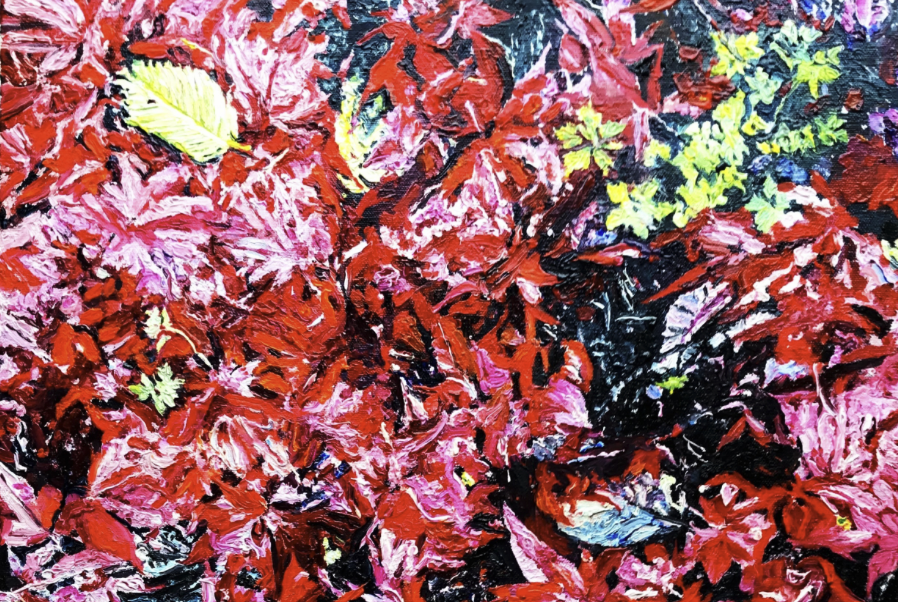What Is Truth?
It’s a vexed question. What’s true? What’s fake? What’s a fact? What’s a lie? And how do we know what is what?

There is a version of Jesus’ trial scene where Pilate, who is in effect the judge, asks the question “What is truth?” No reply is given. It’s a vexed question. What’s true? What’s fake? What’s a fact? What’s a lie? And how do we know what is what?
It remains a vexatious question. In the world of politics for example we have different parties and personalities trying to convince us of their version of truth. And we in turn try to discern if what they are saying is right or not or somewhere between.
In the past we’ve tried to weigh the versions of truth by reading reports from opposing interest groups, academics, or commissions. We’ve relied on ethical journalists arguing with each other, and politicians too for that matter.
In some cases the courts have become involved, and we’ve relied on our adversarial legal system to get to the truth. Even if the ruling is appealed. Or appealed again. And although we know judgements are fallible, and the justice system has many flaws, by and large most of us most of the time trust it to help us with that vexed question.
Similarly, most of us have some trust in the peer-review processes of academia, medicine, and science. Again these processes aren’t infallible, and there is always more to learn and ways to learn, but when it comes to say accepting a treatment or vaccinating against a virus, we put some faith in the rigor of these disciplines and the ethics of these practitioners.
More often though we have determined ‘What is truth?’ based on our trust in the communicating source. So when a statement is made by a respected elder, doctor, teacher, minister, business or political leader, someone who has earnt our respect over the years by the quality of their actions and often their lives, we tend to believe that statement because we believe in them. And when we don’t trust, we don’t believe.
One of the significant problems in our world today is knowing what and who to believe. For there seems to be many pedalling misinformation in order to serve their own ends, from the smudging of inconvenient truths to the blatant re-conception of a nonsense into a so-called certainty. And such pedallers now have the powerful tools of the internet, television, and social media to market their lies.
A word about lies. There are many reasons that a person might not tell the full truth. They might be protecting someone, someone vulnerable. They might be frightened, maybe justifiably. They might be saying ‘It’s none of your business’ to a media and its consumers who think that everything should be everyone’s business.
But there are other lies that are designed to increase the influence and wealth of a powerful minority who believe the ends justify the means. And it is these pedallers who have found much encouragement in the last decade, and for whom the usual systems of discernment (as I’ve outlined above) have been found to wanting.
We have seen, for example, how this has played out, and continues to play out, in terms of addressing climate change. Will we believe the overwhelming majority scientific opinion that not only is it happening but that we humans are contributing to it and need to stop our contribution? And if we believe this and act it will cost us not only money but many aspects of our current lifestyles. How tempting it is to relegate this truth of climate change to the back-shelf of priorities and instead vote for the best car-friendly political party?
Consider too the international landscape where we have two political leaders in two countries, Imran Khan (Pakistan) and Donald Trump (USA), who have been convicted on some charges and awaiting trial on others – serious offenses where the courts of both countries would consider imprisonment justified – both re-seeking political office and both convincing millions of their followers that the charges are politically concocted lies.
Khan faces over 100 charges and last week was convicted on some of them, being sentenced to three years prison. But millions still hope to vote for him in the upcoming presidential election. They believe in Khan not the justice system that has found him guilty.
Not dissimilarly Trump is facing charges relating to his inability to accept the results of the last presidential election in the USA, and inciting his followers to a violent act of insurrection. Still today one third of Americans believe, despite the total absence of evidence in court and despite some of the architects of that lie admitting it, that Trump won that election. They believe in Trump not the justice system trying to bring him to account.
So, the vexatious question remains, how do we judge what is true? What system of discernment do we trust? Why is it that so many are persuaded by a charismatic narcissistic figure to believe his truth? How do we rebuild trust in institutions that were created to work in a pedagogically ethical way in order to help us judge what is true and false? And how do we do this when there are politicians, internet manipulators, social media sites, and the like who are committed to deconstructing any common, transparent systems of discernment to create environments where the only guide is our need to have our biases confirmed and our needs met?




